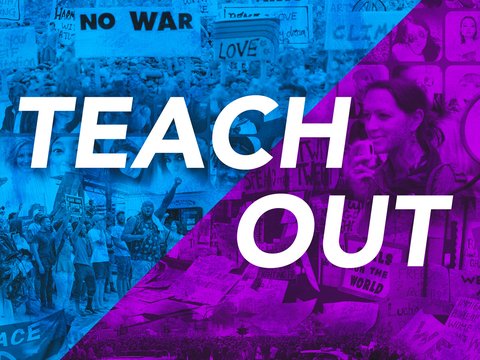Communication Styles
Professor Barry Checkoway discusses the ways in which those who desire intergroup dialogue can understand their communication style and use it to have better connections with diverse groups and individuals. See more at the Community Organizing for Social Justice Teach Out.
Excerpt From

Transcript
We have many different styles of communication and conflict. So which one of these are you? Are you a shark? Are you a turtle? Are you a teddy bear? What about a fox? Or an owl? When you are sitting with a group of people and you are letting your communications flow, are you acting like a shark or are you an owl? When people have very different communications and conflict styles and they do not mix, there are advantages and disadvantages of each one. Some are more conducive to dialogue than others, but some makes so problematically that they become like a trigger, and a trigger is something when someone says something that makes us feel attacked or threatened as members of our group. How do you respond in a conversation or in a dialogue when somebody says that women are inferior demand, or that Mexicans are drug dealers, or what kind of a name is that? Or Asians are better in math, or homosexuality is an illness. When you hear someone say one of these things, it triggers a reaction within us and it is important to understand our way of responding. You can have paralysis, you can become silence, you can be defensive, you can be confrontational, you can discuss or you can strategize and organize for social justice. When someone says something that makes you feel uncomfortable because of its relationship to social justice and injustice, how do you normally respond? You get paralyzed and you don't know what to say? Are you silenced? Or do you confront people and discuss and thus respond there is no single approach to this question, we're all different and we're all on a journey. At the present, time I say silent, but I can see myself starting to defend and discuss and I can see that happening as things change in my life. When someone says something hurtful or hateful, do you know how to respond? Do you always respond? When have you not responded? How do you decide whether to respond? Do you feel like your school is preparing you to respond effectively? Unless we have people who are able to have dialogue that recognize differences and build bridges against differences, organizing for social justice again will be very limited. It's really also about our communications and dialogue is one form.